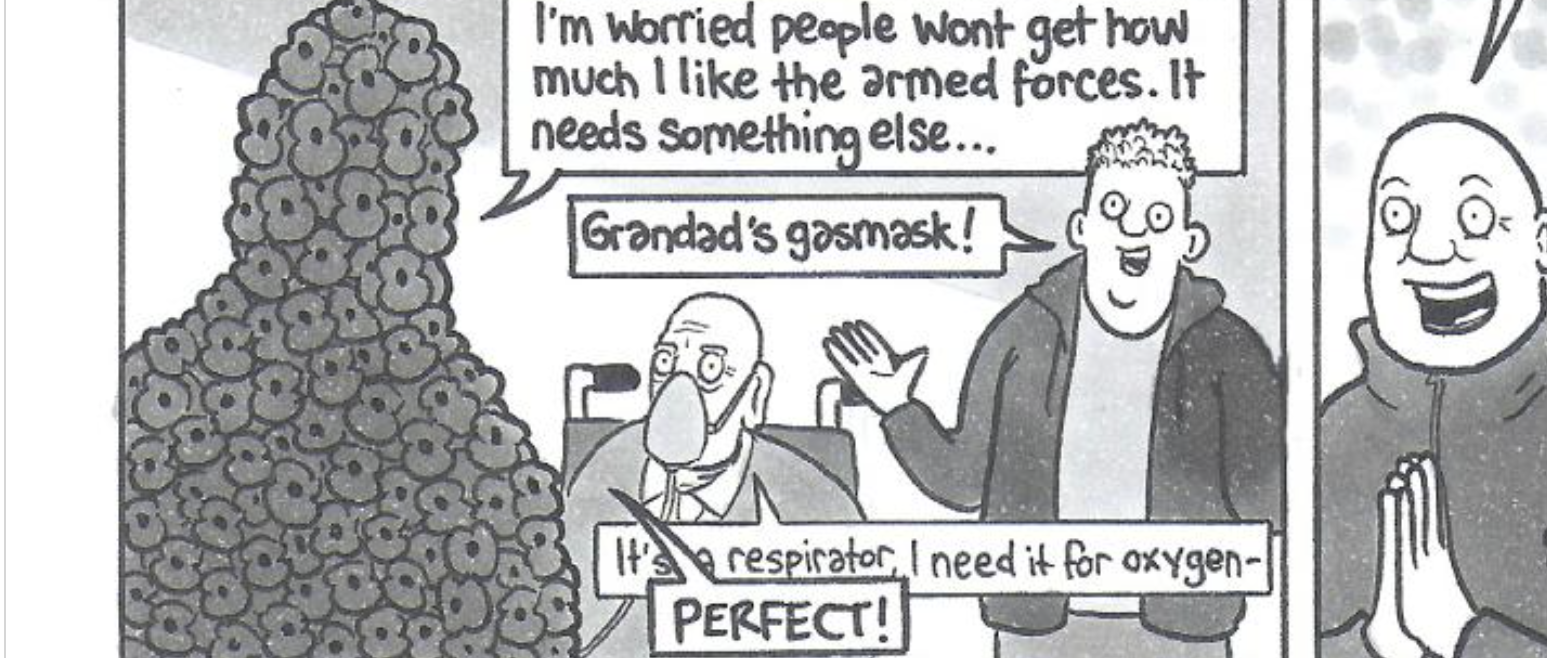This module aims to explore the complex relationship of race to class in South Africa and the US from the time of the slavery through to the rise of racial segregation in the late nineteenth and twentieth centuries. The module is designed to give students a greater understanding of the contexts which shape racial ideologies, conflict and discrimination. Topics traversed will include the comparative experience of slavery; key moments in slavery and the law; race and class at transitional moments (the Civil War and Reconstruction in the US South; the Boer War and Reconstruction period in South Africa); the relationship of the emergence of capitalism to the rise of segregation; the problem of racism and labour movements; and the utility of psychoanalytic perspectives to the analysis of racial consciousness.
- Module Supervisor: Catherine Crawford
This course will start with the aftermath of Abolition in Brazil and the Caribbean and focus on three broad themes:
I) The transformation from slaves into workers and peasants.
II) The development of Afro-American popular culture.
III) 'Race', racism and citizenship.
- Module Supervisor: Matthias Rohrig Assuncao
This module will explore how the past is transmitted and constructed in numerous public contexts, allowing students to compare contemporary presentations with those from a previous era. We will examine the many different genres and spaces through which history is, and has been, conveyed, from the museum, to the documentary, to the war memorial, school textbook, Hollywood epic and even computer game. The workshop aspect of this module will enable students to bring the theoretical understanding they draw from their readings into regular seminar discussions with the University's own public history practitioners, who will describe and answer questions about their past and current projects. Students will discover how scholarly research is made accessible to a wider audience; the way medium and audience interact to shape what kind of history is presented; the role of history, memory and myth in the creation of public identities; and the political contests that 'applied' history often generates. Students will also be given the opportunity to themselves create, participate in, and/or critique a piece of public history as part of their coursework assessment.
- Module Supervisor: Alix Green
This module focuses on the theoretical and methodological implications of the 'cultural turn'. It introduces students to key concepts in the field, exploring debates about the meanings of such terms as 'subjectivity', 'identities', and 'discourse'. The latter part of the course pursues the possibilities opened by cultural approaches, as reflected in new and emerging debates and themes such as childhood, public and private, sex, the psyche, and memory. Throughout we will be asking questions such as: what makes cultural history distinctive? What are its sources? How does an emphasis on representation change or challenge accepted notions of the relationship between language and experience, evidence and interpretation, the economic and the cultural?
- Module Supervisor: Xun Zhou
- Module Supervisor: Thomas Freeman
This module covers practical issues relating to researching History in Britain. Subjects covered include: identifying the skills required for particular historical research projects; choosing and funding research topics; project management; interaction with the University and supervisor; the use of libraries and archives; bibliographical skills; and writing up and publishing research. The module also covers particular sources and methods for their analysis including: institutional records; autobiographies, diaries and oral history; legal records; and visual records, including film. There will also be a visit to the Essex Record Office.
The aim of this module is to provide students with a rigorous and practical preparation for undertaking historical research in Britain in the period since the sixteenth century. By the end of the module students should have come to understand the structures of archival and library provision in the UK; acquired practical skills of project management; and familiarised themselves with some of the key institutions and sources they will need to use in their research.
- Module Supervisor: Matthias Rohrig Assuncao
- Module Supervisor: Nadine Rossol
- Module Supervisor: Matthew Grant
- Module Supervisor: Xun Zhou
- Module Supervisor: Nadine Rossol
- Module Supervisor: Xun Zhou
- Module Supervisor: Michael Roper

- Module Supervisor: Matthew Grant